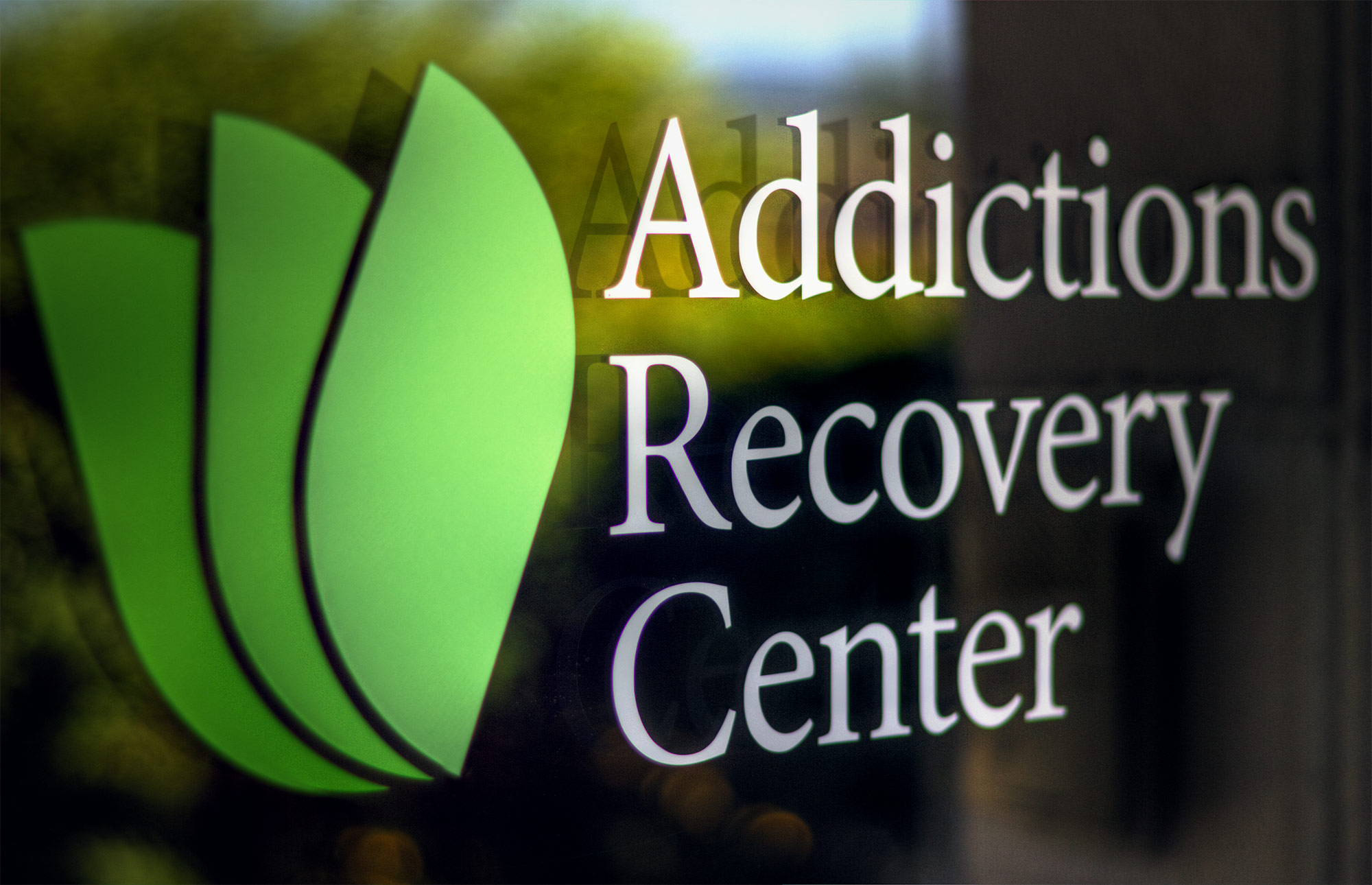Specialist Advice: Navigating Options for an Addiction Treatment Center
Specialist Advice: Navigating Options for an Addiction Treatment Center
Blog Article
Browsing the Trip of Cleansing in the Comprehensive Addiction Therapy Program
The process of detoxification holds a significant function in damaging the physical reliance on materials and preparing the individual for the subsequent phases of treatment. As individuals grapple with the challenges of withdrawal signs and symptoms and the unpredictabilities that exist ahead, having an organized strategy and a robust support system in area ends up being vital.
Significance of Cleansing in Recovery

Detoxification establishes the foundation for the rest of the dependency treatment program by preparing the person for further therapy and therapy. By cleansing the body of substances that have been clouding judgment and affecting habits, detox makes it possible for people to approach their recuperation with a clearer mind and more powerful focus.
Moreover, detoxification helps in taking care of the possibly extreme withdrawal signs that may emerge when medicine or alcohol use is quit. Physician very closely monitor people throughout detox to ensure their safety and offer essential support. With this procedure, individuals can start their journey in the direction of sobriety with a stabilized physical and psychological state, enhancing the likelihood of an effective recovery.
Recognizing the Detox Refine
Detoxing, an essential component of dependency treatment programs, involves a structured process focused on securely removing hazardous materials from the body to help with an effective recovery journey. The detox process normally begins with an examination to examine the person's compound usage history, physical health, and psychological well-being. This evaluation assists healthcare professionals figure out one of the most proper detox strategy tailored to the person's demands.
Throughout detox, the body experiences withdrawal as it adjusts to the lack of the compound. Withdrawal signs differ depending upon the sort of material utilized, the duration of use, and private aspects. Medical guidance during detox is essential to take care of withdrawal signs and symptoms and ensure the person's safety and convenience.

Taking Care Of Withdrawal Symptoms

Medicines might be used to reduce certain withdrawal symptoms and lower discomfort. Medicines like methadone or buprenorphine can assist take care of opioid withdrawal symptoms, while benzodiazepines may be used for alcohol withdrawal. It is necessary for healthcare providers to very carefully check the person's feedback to these medications to ensure their safety and effectiveness.
In enhancement to pharmacological treatments, helpful therapies such as counseling, peer support groups, and alternative techniques like mindfulness meditation or yoga can aid people deal with the emotional and emotional challenges of withdrawal. By addressing withdrawal symptoms thoroughly, health care providers can boost the detoxification experience and support people on their trip to recovery.

Support Equipments Throughout Detoxification
Support group play a vital role Your Domain Name in supplying emotional and social aid to individuals going through cleansing in addiction therapy programs. During the detox procedure, individuals usually experience a series of physical and psychological withdrawal symptoms, making this stage tough - Addiction Treatment Center. Having a strong support group in location can dramatically influence the individual's capacity to browse with detoxification effectively
Household members, buddies, assistance groups, and health care experts are essential parts of the support group. Family members members and buddies can use inspiration, understanding, and a feeling of belonging during this challenging time. Support teams offer a system for people to attach with others who are undergoing similar experiences, supplying a feeling of area and shared understanding. Medical care experts, including specialists, therapists, and physicians, play an important role in checking the person's progress, supplying clinical assistance, and providing assistance throughout the detox process.
Looking Ahead: Life After Detoxification
Having successfully completed the detoxing stage, individuals in addiction treatment programs now concentrate on planning for the challenges and opportunities that lie ahead in their journey in the direction of recovery. Life after detox marks an important change period where people must continue to construct on the progress made during detox to preserve their soberness. It is essential for people to recognize that the journey in the direction of recovery is ongoing and requires commitment, commitment, and a readiness to welcome adjustment.
One trick element of life after detox is the advancement of dealing systems to take care of triggers and food cravings that may develop. This may entail finding out new abilities, such as mindfulness practices, cognitive-behavioral strategies, and stress and anxiety management techniques, to browse tough circumstances without resorting to compound use. Furthermore, individuals are urged to proactively participate in continuous therapy, support system, and aftercare programs to strengthen their assistance network and get assistance as they navigate the intricacies of life post-detox.
Conclusion
In conclusion, detoxing is a critical component of the extensive dependency treatment program. Understanding the detox procedure and managing withdrawal signs are important steps towards recovery. Assistance systems play a considerable duty throughout this challenging journey. Addiction Treatment Center. Looking in advance, life read after detoxification holds promise for a healthier, substance-free future. It is very important to acknowledge the value of detox in the process of getting over dependency and moving in the direction of a life of soberness.
Clinical guidance during detox is essential to take care of withdrawal signs and make sure the person's safety and convenience.
By comprehending the detox process and its significance in damaging the index cycle of dependency, individuals can get started on a course towards lasting recovery.
During the detox procedure, individuals frequently experience a range of physical and mental withdrawal symptoms, making this stage challenging. Medical care specialists, including physicians, counselors, and specialists, play a critical role in keeping an eye on the person's progress, offering clinical assistance, and providing assistance throughout the detoxification process.
Life after detox marks a crucial transition duration where individuals should proceed to construct on the progress made throughout detoxification to keep their soberness.
Report this page